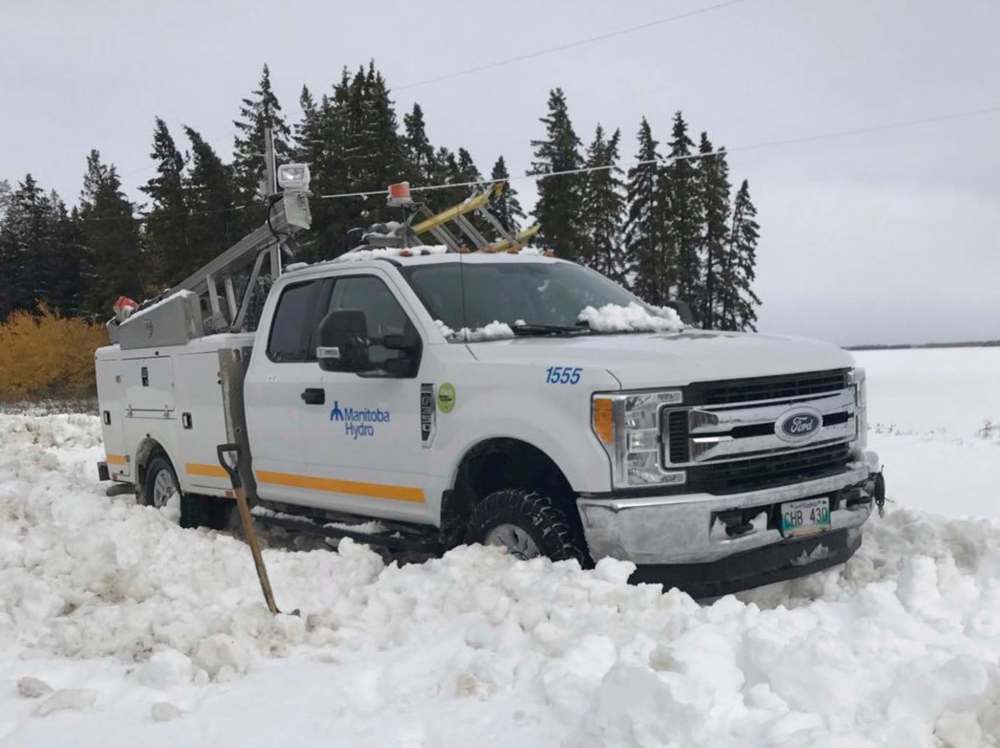First Nations evacuees return home to problems
Advertisement
Read this article for free:
or
Already have an account? Log in here »
To continue reading, please subscribe:
Monthly Digital Subscription
$1 per week for 24 weeks*
- Enjoy unlimited reading on winnipegfreepress.com
- Read the E-Edition, our digital replica newspaper
- Access News Break, our award-winning app
- Play interactive puzzles
*Billed as $4.00 plus GST every four weeks. After 24 weeks, price increases to the regular rate of $19.00 plus GST every four weeks. Offer available to new and qualified returning subscribers only. Cancel any time.
Monthly Digital Subscription
$4.75/week*
- Enjoy unlimited reading on winnipegfreepress.com
- Read the E-Edition, our digital replica newspaper
- Access News Break, our award-winning app
- Play interactive puzzles
*Billed as $19 plus GST every four weeks. Cancel any time.
To continue reading, please subscribe:
Add Free Press access to your Brandon Sun subscription for only an additional
$1 for the first 4 weeks*
*Your next subscription payment will increase by $1.00 and you will be charged $16.99 plus GST for four weeks. After four weeks, your payment will increase to $23.99 plus GST every four weeks.
Read unlimited articles for free today:
or
Already have an account? Log in here »
Hey there, time traveller!
This article was published 29/10/2019 (2194 days ago), so information in it may no longer be current.
Some of Manitoba’s 6,000 First Nations storm evacuees are returning home to more troubles.
Residents face challenges such as damaged homes, loss of regular food supplies, vandalism, and “unhealthy living environments”, said Interlake Reserves Tribal Council spokesman R. Irwin Kehler.
Last Friday, Manitoba Hydro declared that power was back on in all communities cut off by snowstorm damage two weeks ago, and that evacuees could return home.

Large diesel generators will temporarily supply power to Little Saskatchewan and Lake St. Martin First Nations and the community of Dauphin River, as work continued to repair power lines to the communities damaged during the storm.
This Friday, a meeting of the Assembly of First Nations vice-chief for the region, Kevin Hart, is planned with Indigenous Services Canada Minister Seamus O’Regan in Ottawa to talk about the impact of the unprecedented Oct. 11 storm, Kehler said Tuesday in an email responding to Free Press questions.
Downed power lines during the Thanksgiving weekend storm left 53,000 Manitobans without power, prompting Premier Brian Pallister to declare a state of emergency. Close to 6,000 evacuees from 13 First Nations registered with the Canadian Red Cross. The Interlake Reserves Tribal Council stepped up to help evacuees before the Canadian Red Cross was ready to offer assistance on Oct. 13, Kehler said, putting the council at “financial risk.”
The tribal council has reported hundreds of homes in four communities — Peguis, Dauphin River, Little Saskatchewan and Pinaymootang First Nation — had basements and crawl spaces flooded, making homes uninhabitable because of mould concerns.
The storm also blew shingles, doors and siding off some houses in Dauphin River First First Nation, for instance, said Kehler.
carol.sanders@freepress.mb.ca

Carol Sanders
Legislature reporter
Carol Sanders is a reporter at the Free Press legislature bureau. The former general assignment reporter and copy editor joined the paper in 1997. Read more about Carol.
Every piece of reporting Carol produces is reviewed by an editing team before it is posted online or published in print — part of the Free Press‘s tradition, since 1872, of producing reliable independent journalism. Read more about Free Press’s history and mandate, and learn how our newsroom operates.
Our newsroom depends on a growing audience of readers to power our journalism. If you are not a paid reader, please consider becoming a subscriber.
Our newsroom depends on its audience of readers to power our journalism. Thank you for your support.

